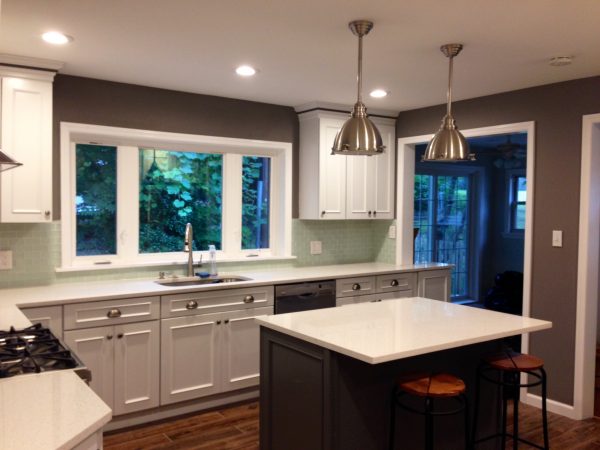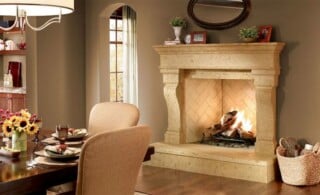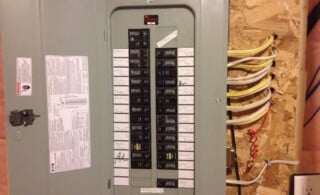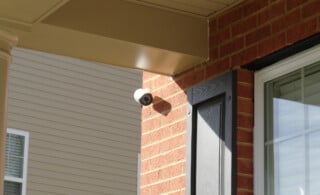
Gas detectors are more important to home safety than ever before. Indoor air pollution has become a bigger health concern than outdoor air pollution in many parts of the country. Mold and mildew are just two of the many factors that threaten our indoor air quality. Carbon monoxide and other gases from various home appliances threaten homes more frequently than most homeowners would imagine. As insulation and energy-efficiency standards continue to increase, adequate ventilation becomes an issue; installing a gas detector in your home can be a critical part of monitoring your family’s safety.
Buying a Gas Detector
You can spend anywhere from $30 or $40 on a gas detector to several hundred. Like many residential products of this nature, the cheapest product has serious drawbacks, but there’s rarely a reason to buy the most elaborate model out there, either. What you really want to look for is a gas detector that has a long battery life, a clear and reliable indicator that the battery is low, and the ability to detect any potential leaks that your home may experience. You may also want to evaluate the convenience, ease of operation, and wireless capabilities for hassle-free use.
Natural Gas Leaks
Most homeowners are aware of the dangers of carbon monoxide in the home. Combustible gas is a more prevalent, if less publicized danger. You might think that if an appliance is leaking combustible gas you’d smell it. For large gas leaks, this is true, but small gas leaks can be absorbed into the air without you knowing it. This won’t cause your home to explode into a fireball, but it can unwittingly cause headaches, nausea, tiredness, and other symptoms. To give you an idea of the prevalence of these low level gas leaks, one study found that as many as 8 out of 10 homes had some kind of gas leakage.
High Risk Conditions
While it’s a good idea for any home to install a gas detector, if you live near a landfill, refinery, power plant, or own a gas admitting appliance, purchasing a gas detector should be mandatory. Vent free fireplaces are notoriously dangerous and outlawed in many states. If a vent free fireplace company tells you their product is completely safe, you should tell them that you’re going to install a gas detector in that room and if the detector indicates the fireplace is creating an unsafe gas leak, you want a money-back guarantee. Make sure the gas detector you purchase is equipped to detect all of the possible emitted gases from these various high risk sources.
Indoor Air Quality Control
If you’re building a new home, retrofitting an old one, or are just concerned about the indoor air quality of your home, you might be interested in more than just a gas detector. Talking to a service professional who can inspect your home and evaluate your indoor air quality is never a bad idea. You may be able to find a contractor who can install an air filtration system, a gas detector, and roof ventilation all at the same time. Depending on your situation and needs, this can entail someone as simple as a handyman or as elaborate an HVAC or roofing contractor.
 Chimney Bombs
Chimney Bombs  Electrical Hazards
Electrical Hazards  Childproofing Your Home for a Child with Vision Impairment
Childproofing Your Home for a Child with Vision Impairment  Child Safety Guide: How to Keep Kids Safe When They’re Home Alone
Child Safety Guide: How to Keep Kids Safe When They’re Home Alone  Home Motion Detectors Secure Your Safety
Home Motion Detectors Secure Your Safety 

Are You Familiar With This Topic? Share Your Experience.